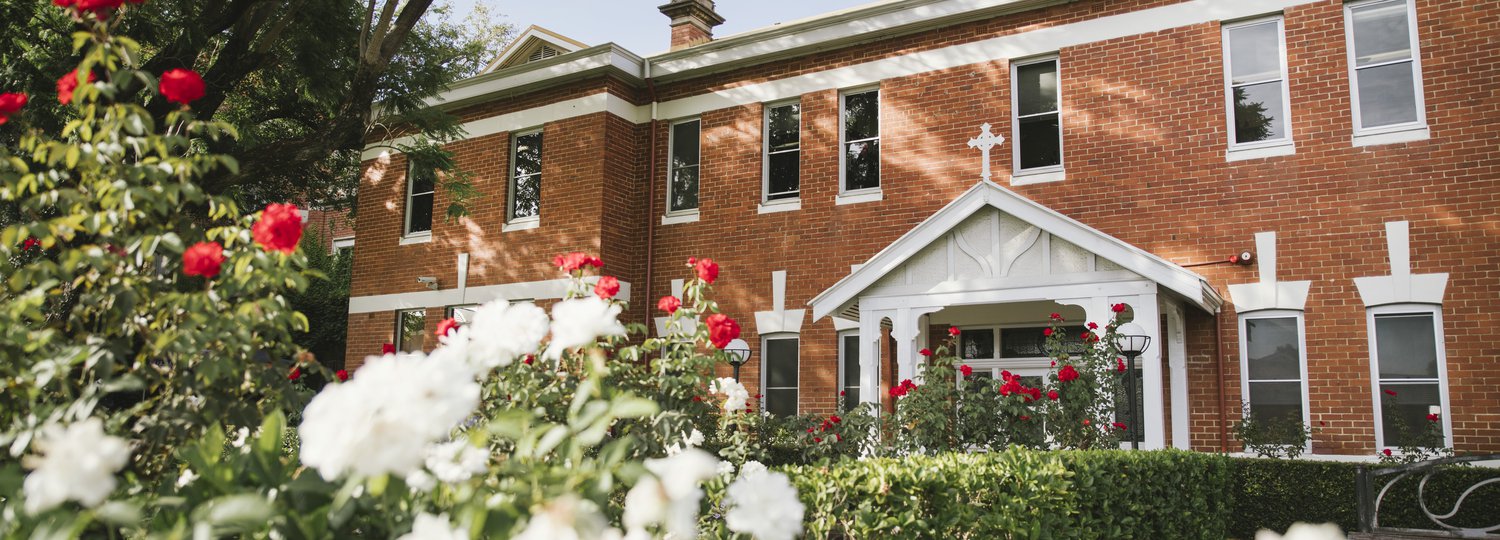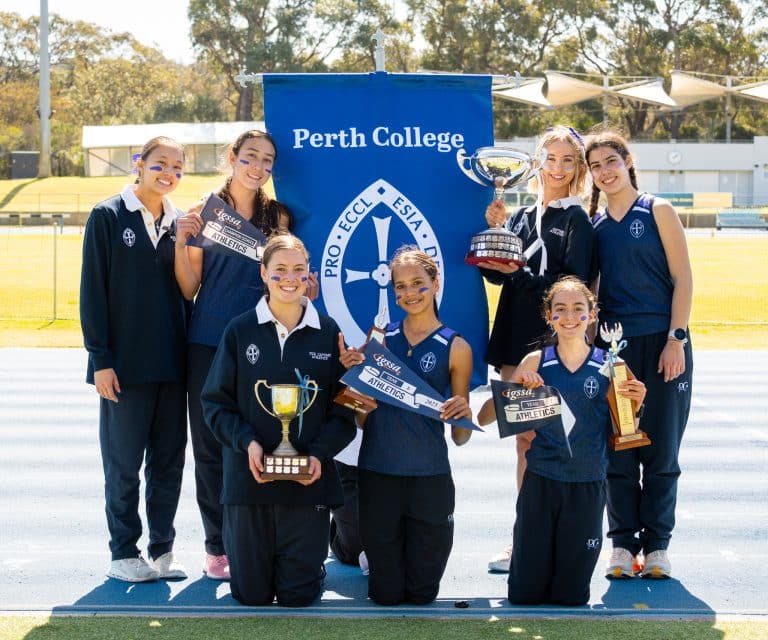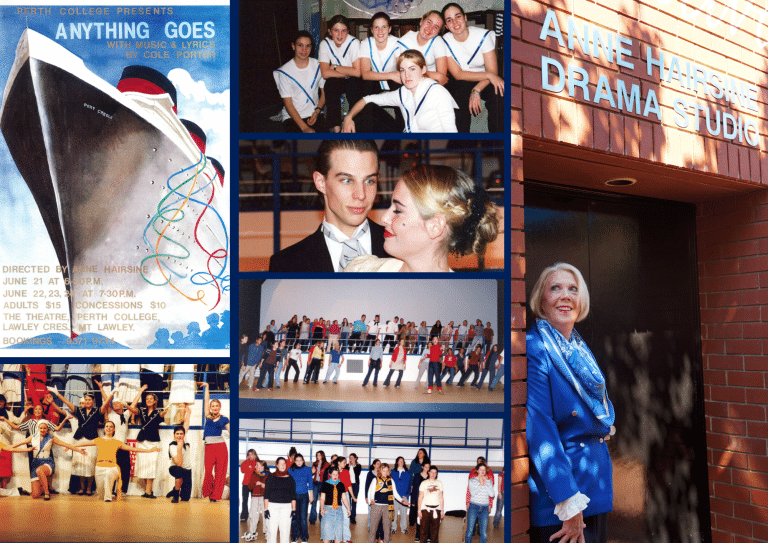Recipe for Success in Senior School
Actively participating in classes, asking questions, collaborating with peers, completing homework, and preparing for assessments are all key ingredients for Senior School success. Plus, many co-curricular opportunities enrich student experiences and help form lasting friendships. Missing any ingredient can lead to less desirable outcomes.
Effective study habits, a growth mindset, and time management skills must be added, along with a proactive attitude to improve academic achievement. Whether your daughter is just starting her journey in Year 7 or reflecting upon her first semester examination results in Year 11 or 12, here are some practical tips to help her thrive in the classroom and achieve personal success.
Clear Goals and Targets for Improvement
Success requires students to understand their goals and learning intentions of the subjects they study. By setting specific, measurable academic targets, students can stay focused and motivated. Goals might include achieving a certain grade, mastering subjects, or acquiring skills for personal success. This helps monitor progress and adjust study plans as needed.
Develop Effective Study Habits
Time Management: Schedule study time and balance it with homework, assignments, co-curricular, and personal commitments. Break tasks into manageable chunks and stick to deadlines.
Active Learning: Participate in class discussions, ask questions, and seek clarification. Review and summarise notes, practise review questions, and use resources like OneNote to deepen understanding.
Organisation: Track assessments and deadlines using a diary or digital tools like the Assessment Calendar on SPACE. Maintain a distraction-free study space for better concentration and productivity.
Collaboration: Form study groups or discuss with peers, share knowledge, gain different perspectives and deepen understanding.
Establish Effective Communication Channels
Participate in Class: Engage in discussions, ask questions, and contribute to group activities. This builds rapport with teachers and peers.
Join Study Groups: Participate in co-curricular groups like Brain Boost or PC+ to connect with peers, exchange ideas, and gain support.
Take Care of Physical and Mental Wellbeing
Healthy Lifestyle: Ensure adequate sleep, regular exercise, and a balanced diet for better focus and cognitive function.
Manage Stress: Practise stress-management techniques like deep breathing, meditation, and time management.
Seek Support: Talk to your Kaya teacher or Head of Year for help with time management, study skills, and personal challenges.
School-Life Balance: Make time for socialising, hobbies, and relaxation to avoid academic overload.
Embrace Continuous Learning and a Growth Mindset
Embrace Failure: to FAIL is but a first attempt in learning, providing a steppingstone towards improvement. Improving by just 3% can make a really big difference, particularly in Year 12. Reflect on what went wrong, make adjustments, and learn from the experience.
Build Resilience: Learn to bounce back from setbacks and adapt to challenges. Encourage perseverance and finding alternative solutions. Improving 3% is a doable goal for everyone.
Set Realistic Expectations: Understand that success takes time and effort. Celebrate small victories to maintain motivation and avoid unnecessary stress. Think about an action plan to improve by 3%?
Foster Curiosity and a Love for Learning: Encourage genuine curiosity and independent thinking. Engage in co-curricular activities and pursue interests beyond the classroom. Sometimes rewards can aid motivation, so plan to celebrate your 3% improvement.
Seek Feedback: Actively seek feedback from teachers, peers, and mentors to understand strengths and areas for improvement. Consider who can help you achieve your 3% improvement?
Develop a Support System: Engage with peers, teachers, and mentors for guidance and encouragement. Participate in group discussions, study groups, and school events to feel connected and supported. Who will be your cheerleader to aid motivation? Share your goal of 3% improvement and your action plan to achieve it with someone at home to help you stay focussed on your goal.
Remember, success is not only about marks and grades but also personal growth, character development, and the ability to apply knowledge and skills beyond the classroom. With the right mindset and strategies, students can unlock their full potential and achieve personal success in Senior School at Perth College and beyond.




